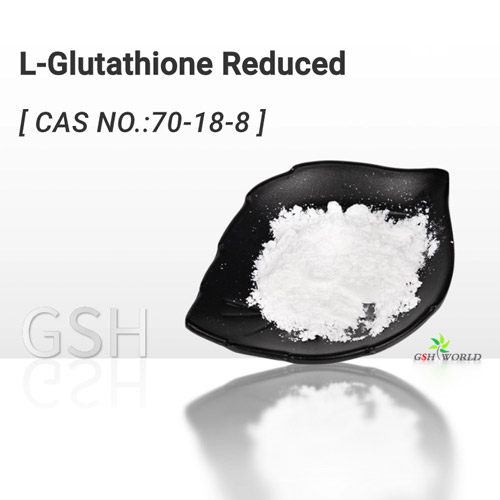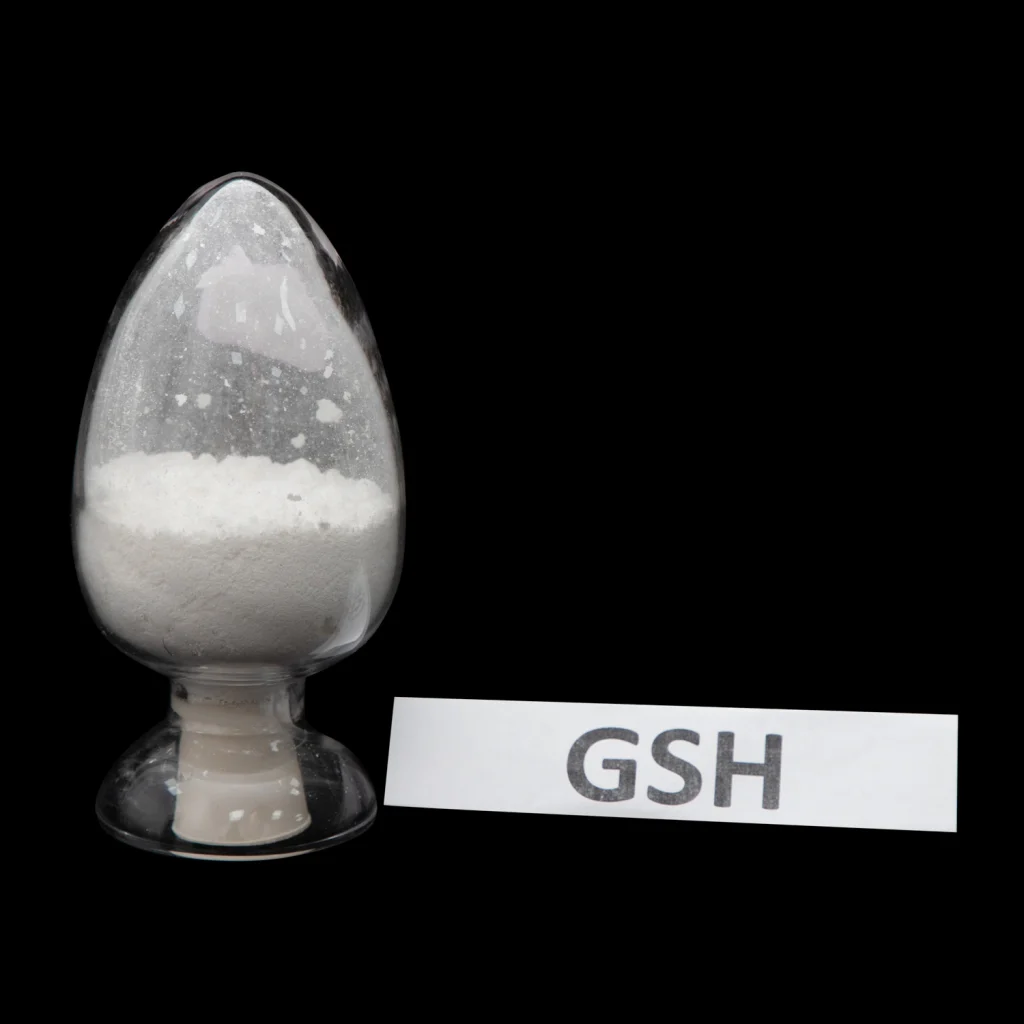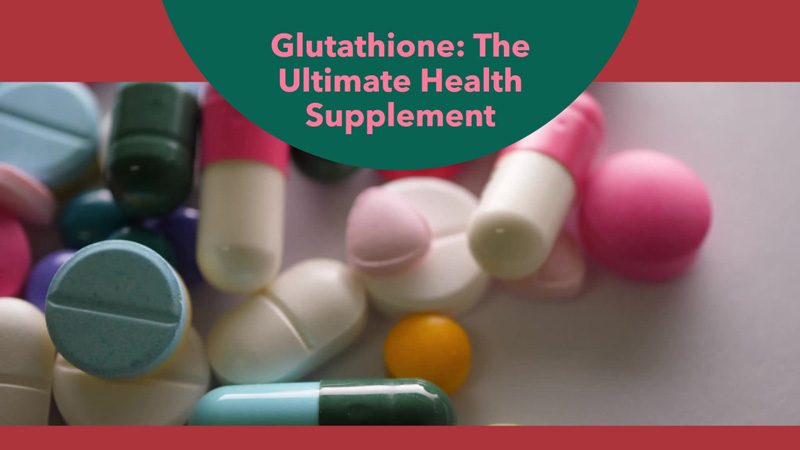Glutathione is the most powerful antioxidant in your body and is even referred to as a “master antioxidant.”
It’s a tripeptide found in every cell in your body.
Antioxidants are essential for eliminating free radicals in your body.
Free radicals are basically very active particles that bounce around cells and damage everything they come into contact with.
Most originate from metabolic processes, but can also come from toxins, irradiation, and toxic metals.
Because free radicals are so damaging, cells have a defense network to neutralize them.
This antioxidant network made up of many components, including vitamins, minerals, and special chemicals called mercaptans (GSH and beta-lipoic acid).
Glutathione is made up of three amino acids: cysteine, glutamic acid and glycine.
Due to the similar name, glutathione sometimes confused with glutamine and glutamic acid.
While all three molecules are related, they differ in composition and function.
When you’re healthy, all three balanced, doing a subtle dance in your body.
In a nutshell, here’s the difference between these three people:
Glutamine:
The most abundant amino acid in your body, made from glutamate in your brain;

It plays an important role in various anti-injury processes and muscle repair. The precursor of glutathione.
Glutathione (two types, GSH and GSSG) :
The “main antioxidant” – the most powerful antioxidant in your body – found in every cell.
Protecting cells, especially important for liver health; It breaks down into free glutamate.
Glutamic acid (aka glutamic acid or glutamic acid) :
The single peptide amino acid neurotransmitter in your brain – necessary for synaptic activity.
You don’t want too much. It’s an excitotoxin. (See also MSG or monosodium glutamate)
Glutathione is different from other antioxidants because it is intracellular.
It has the unique ability to maximize the activity of all other antioxidants, including vitamins C and E, CoQ10, lipoic acid, and the fresh vegetables and fruits you (hopefully) eat every day.
It removes toxins from your cells and protects you from the harmful effects of radiation, chemicals and environmental pollutants.
There is currently a great deal of hype about glutathione supplements as a “miracle” means to promote health, prevent disease and combat aging.

Let’s separate some facts from the myths about how glutathione works and look at the right way to build your body’s GSH reserves.
How does glutathione work
The main function of GSH is to protect your cells and mitochondria from oxidation and peroxide damage.
As you age, your body’s ability to produce GSH decreases.
Glutathione is not just an endogenous antioxidant, it is also an important factor in energy utilization, detoxification, and prevention of age-related diseases.
Glutathione deficiency is associated with:
- Age-related diseases such as Alzheimer’s and Parkinson’s disease
- Coronary artery and autoimmune diseases
- Arthritis, asthma and other inflammatory diseases
- cancer
- Mitochondrial dysfunction
- Muscle weakness and fatigue
The synthesis of glutathione relies on adenosine triphosphate (ATP), a molecule that provides energy to cells.
Glutathione levels associated with energy deficiency or low ATP.




